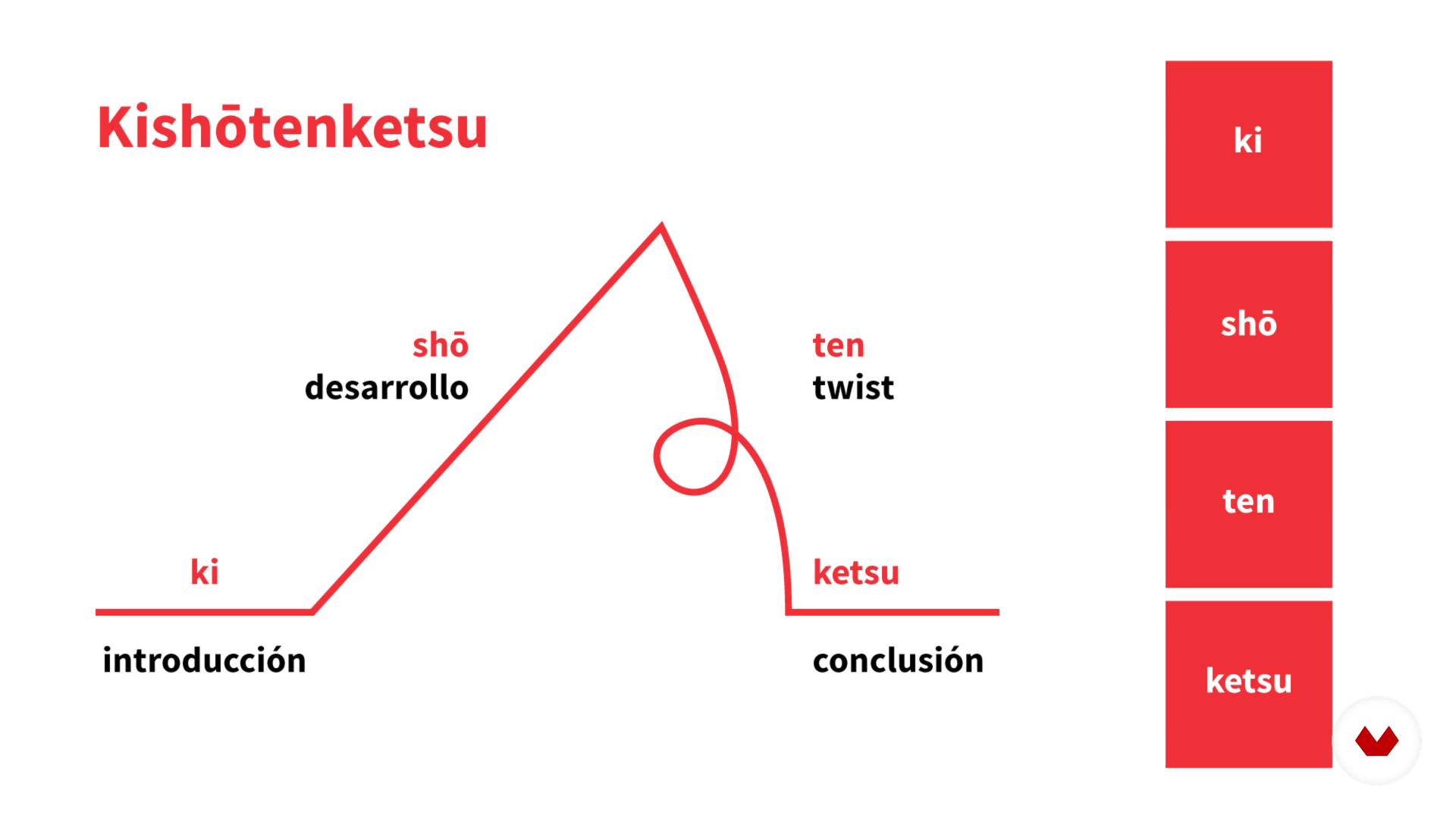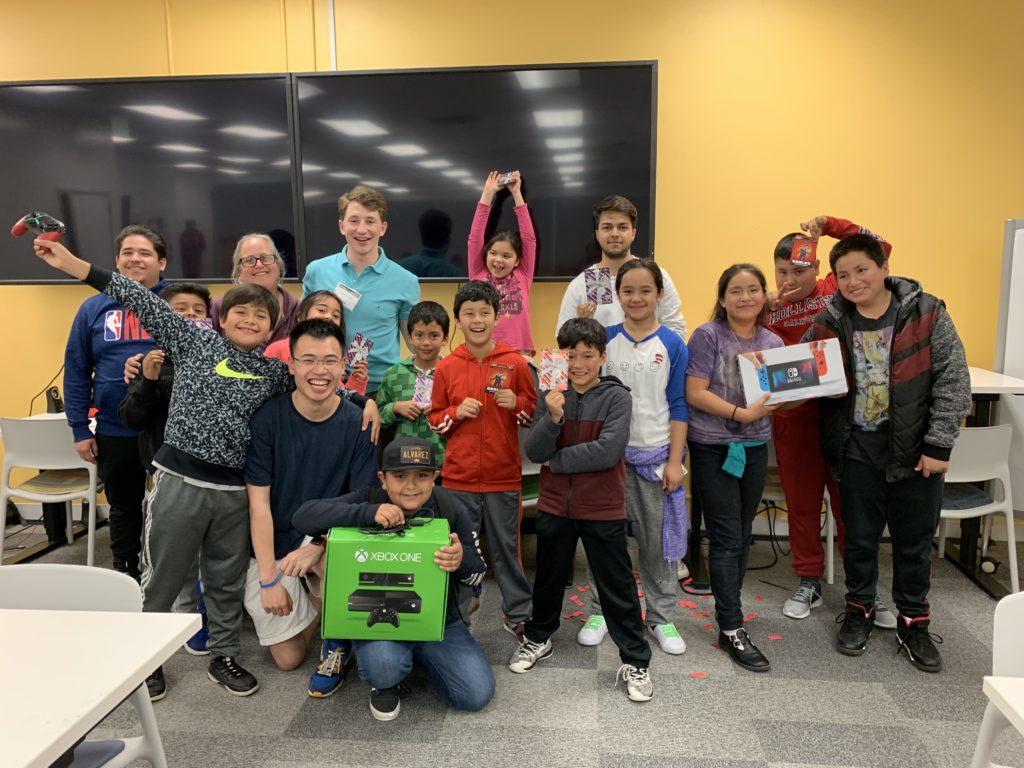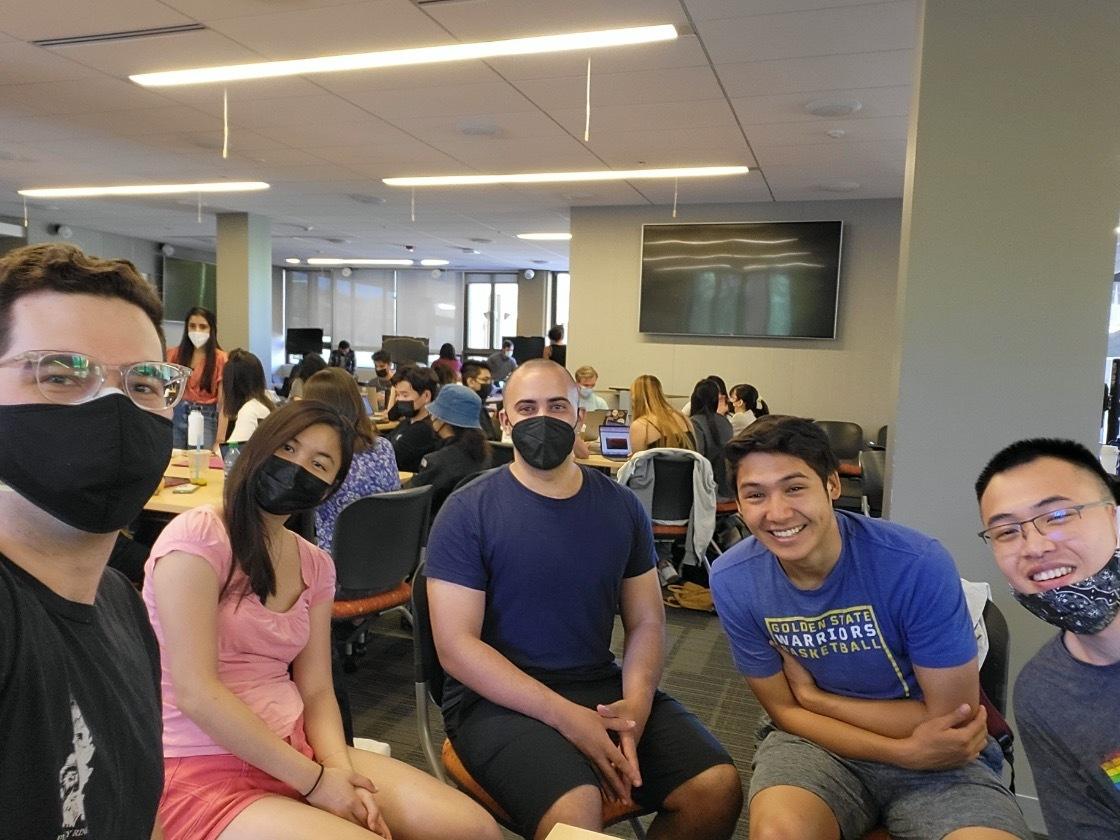After TA’ing 377G and working on Call of Duty for 3 years, experiencing CS247G was a surreal experience. Revisiting the game design topics, many of which I had learned previously, felt like coming home after a long trip, enveloped in the comfort of familiarity (I think part of that came from cuddling Nina every chance I got). Certain topics we covered, such as MDA framework, is used everyday in my work and it is fundamentally how we design our content. Even as an engineer, meeting with a design director starts with “how do we want the players to feel in this moment”, then we decide what the player has to be doing to help facilitate that doing, which in turn determines how I design my mechanics. For example, I made a new helicopter camera that behaves like an over-the-shoulder 3rd person camera that dynamically switches shoulders depending on what the helicopter is doing, and I started with the design request that “we want the player to feel the helicopter is the main character”. Other topics, such as the formal elements, are never brought up. (Makes sense for that one – we don’t have a lot of flexibility around changing the players, objectives, procedures, rules, resources, and conflict in Call of Duty haha.) Regardless, visiting those topics will still no doubt help me with my personal projects. I also really enjoyed playtesting other students games – there is something special about playing the first game someone is making, and I played so many amazing ones.

My favorite sketch note was “game design patterns for building friendships”. At Activision, our monetization director once said that “players with friends monetize better”. While that line mostly became a meme around the office, it did reveal the underlying truth that players who play with friends are generally more engaged and have more fun. Thus, I really enjoyed learning about just how exactly friendship forms (proximity, similarity, reciprocity, and disclosure), and tools we can use in our games to foster friendships. Specifically, establishing “positive fictional identities” to promote similarity is really interesting, and made me think of the Reddit April Fools experiments where community and friendships arose out of the simple choice of whether to press a button. I definitely want to incorporate this into my games in the future if I ever get the chance.

My favorite experience in the game was writing the script for our interactive fiction game. Before coming to Stanford, I always though of interactive fictions as relics of the past – primitive games made before we invented computer graphics. However, IF game was one of the projects of CS377G, and helping the students with their IF’s and playing them made me realize how powerful a IF’s can be – how less can be more, and how a well written IF can draw players in just as deeply as modern AAA games. Ever since then, I’ve wanted to work on my own IF game, and I am really glad I got the chance to do so in this class. I discovered how hard writing can be- I had lots of cool ideas, but stringing them together in a fluid way was challenging. I tried incorporating what we learned about narrative loops & arcs (more specifically Kishōtenketsu), as well as what I learned about crafting a mystery from playing Her Story, and dare I say that I am proud of what we produced. I also realized that short IF/choose-your-own-adventure stories can be a great low budget way to create player agency in games, and I hope to use this in the future.
Finally, as a graduating student, I want to close the final chapter of my academic life with my favorite quote from the class: “Fun is about learning in a context where there is no pressure from consequence, and that is why games matter.” For better or worse, my life revolves around games. I work on games 8 hours a day, play them 3 hours a day, and I teach game design to kids as a volunteer in my free time. Because I really do believe that games matter, and I thank this class for reaffirming that for me.

Here’s a bonus pic of my own lovely game design students!



